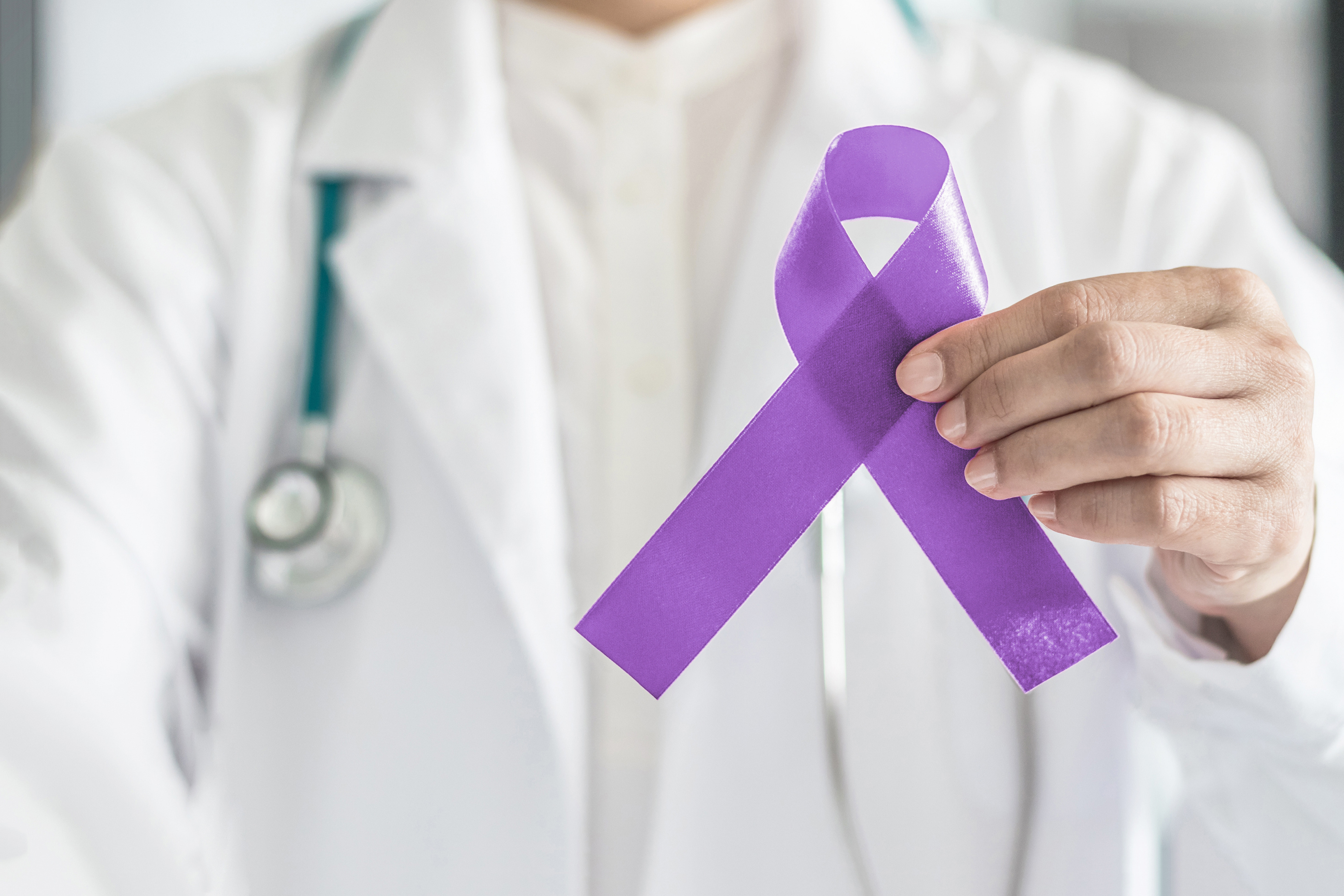March 26th is World Purple Day, an international effort to raise awareness for epilepsy and recognize the 65 million people living with it worldwide.
There seems to be a general lack of understanding about epilepsy because it’s not discussed in-depth very often. That’s why this Purple Day, we’re educating our community on the condition and how to help someone who is having a seizure. Knowing the three words, “Stay, Safe, Side,” and what they mean can help save lives.
What is Epilepsy?
Epilepsy is a central nervous system (neurological) disorder in which brain activity is abnormal. This unusual activity in the brain causes seizures, loss of awareness, and periods of unusual behavior and sensations.
Symptoms of seizures can include temporary confusion, loss of consciousness or awareness, fear, anxiety, and Deja Vu. Signs can range depending on the type of seizure someone is experiencing. Some seizures can look like staring spells, while others can cause a person to collapse and shake. Generally, symptoms will be similar from episode to episode.
Epilepsy is one of the most common conditions affecting the brain. The CDC states that in the United States:
- About 5.1 million people in the United States have a history of epilepsy.
- About 3.4 million people in the United States have active epilepsy.
One out of 10 people may have a seizure during their lifetime. Because it’s so common, it’s important we’re all equipped with the knowledge to help someone during or after a seizure.
The Three 3 S’s
Encountering a seizure can be scary, but seizure first aid is simple; just remember the three S’s.
- STAY. Remain calm, check for a medical ID, stay with the person, and time the seizure.
- SAFE. Clear the area of any harmful objects away and keep the person safe.
- SIDE. Try to keep the person safe, turn them onto their side. Don’t block their airway or try to contain their movements.
Getting Help
Emergency medical care is not always necessary after someone experiences a seizure. However, please call 911 if any of the following apply:
- First time ever having a seizure,
- Difficulty breathing or waking after a seizure,
- Seizure lasting longer than 5 minutes,
- Getting hurt during the seizure,
- Seizure happens in water,
- They have a health condition like diabetes, heart disease, or are pregnant.
If you or a loved one suffer a seizure-related accident or injury, we are here to help. Our highly qualified, licensed physicians are ready to assist you 24 hours a day, 7 days a week.
Be sure to wear purple this Friday and share what you learned from this article with others to help spread the word about epilepsy!






Comments are closed